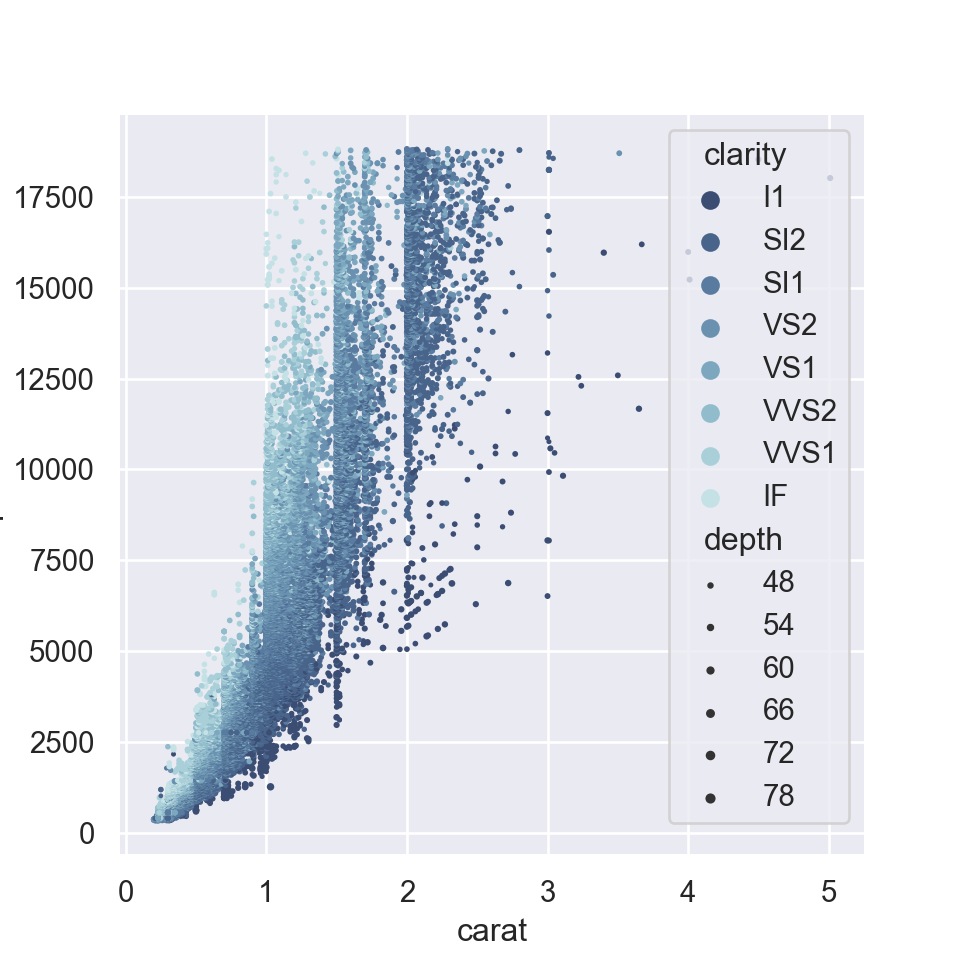the_world_is_flat = True
if the_world_is_flat:
print("Be careful not to fall off!")Be careful not to fall off!We use cookies
We use cookies and other tracking technologies to improve your browsing experience on our website, to show you personalized content and targeted ads, to analyze our website traffic, and to understand where our visitors are coming from.
March 17, 2023
This section contains my study notes on the official python tutorial.
Here is a link to the PEP 8 style guide.
Also it might be worthwile to look at the official language definition.
4 builtin data structures: * Lists - x = [1, 2, 3] * Tuples - x = 1, 2, 3 * Sets - x = {1, 2, 3} * Dictionaries x = {'a': 1, 'b': 2, 'c': 3}
TrueFalse['jack', 'jan-eggerik']True{'a': 1, 'b': 2}'b'{1: 'a', 2: 'b', 'a': 3}['jack', 'jan-eggerik']import seaborn as sns
import matplotlib as mp
import matplotlib.pyplot as plt
# Apply the default theme
sns.set_theme()
# Load an example dataset
dots = sns.load_dataset("dots")
sns.set(rc={'figure.figsize':(10, 3)})
sns.relplot(
data=dots, kind="line",
x="time", y="firing_rate", col="align", # style = "choice",
hue="choice", size="coherence",
facet_kws=dict(sharex=False)
)
# sns.set_theme(style="whitegrid")
x = (5,5)
sns.set(rc={'figure.figsize': x})
# Load the example diamonds dataset
diamonds = sns.load_dataset("diamonds")
# Draw a scatter plot while assigning point colors and sizes to different
# variables in the dataset
f, ax = plt.subplots(figsize=x)
sns.despine(f, left=True, bottom=True)
clarity_ranking = ["I1", "SI2", "SI1", "VS2", "VS1", "VVS2", "VVS1", "IF"]
sns.scatterplot(x="carat", y="price",
hue="clarity", size="depth",
palette="ch:r=-.2,d=.3_r",
hue_order=clarity_ranking,
sizes=(1, 8), linewidth=0,
data=diamonds, ax=ax)
[1] "/Users/seb/Library/r-miniconda-arm64/envs/sbloggel/bin/python"